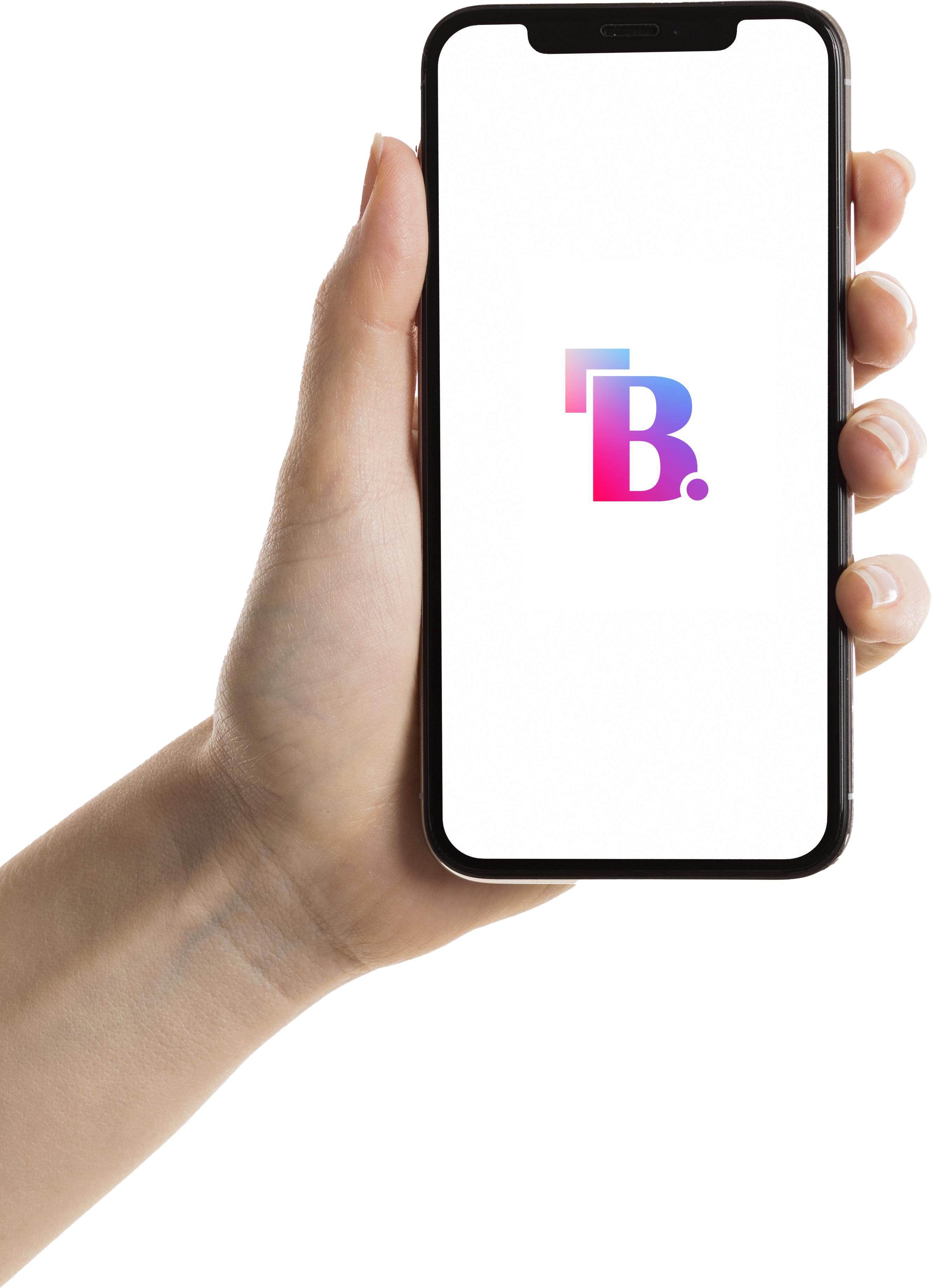Netflix: The Revolution That Streamed Across the Globe
**Netflix: The Revolution That Streamed Across the Globe**
In the mid-1990s, when the world was just beginning to explore the possibilities of the internet, a small startup was quietly planting the seeds of a revolution that would eventually reshape the entertainment industry. That startup was Netflix, and its journey from a DVD rental service to a global streaming giant is a story of innovation, foresight, and the relentless pursuit of a vision that has changed the way we consume media.
The story of Netflix begins in 1997, when Reed Hastings, a computer scientist and entrepreneur, co-founded the company with Marc Randolph, a marketing executive. The idea for Netflix was born out of a personal frustration. Hastings had rented the movie "Apollo 13" from a traditional video store and was hit with a $40 late fee for returning it late. This experience made him wonder if there was a better way to rent movies—one that didn’t involve late fees or trips to the video store.
Hastings and Randolph envisioned a company that would allow customers to rent DVDs by mail. Customers could browse a catalog of movies online, choose the ones they wanted, and have them delivered to their doorsteps. When they were done watching, they could simply mail the DVDs back in prepaid envelopes, with no late fees and no due dates. It was a simple yet revolutionary concept that tapped into the growing potential of the internet.
Netflix officially launched in 1998 as a DVD rental-by-mail service. At the time, DVDs were still a relatively new technology, and many people were just beginning to adopt them. Netflix capitalized on this trend by offering a wide selection of titles, far more than any physical video store could stock. The company’s subscription model, introduced in 1999, allowed customers to pay a flat monthly fee for unlimited rentals, which was a game-changer in the home entertainment market.
While the DVD rental model was successful, Hastings and Randolph knew that the future of entertainment would not be tied to physical media. They saw the potential of the internet to deliver content directly to consumers’ homes in a more convenient and immediate way. In the early 2000s, as broadband internet became more widespread, Netflix began to explore the idea of streaming video content online.
The transition from DVD rentals to streaming was not without challenges. In 2007, when Netflix launched its streaming service, the technology was still in its infancy, and many people were skeptical about whether consumers would embrace streaming as a viable alternative to DVDs. But Hastings and his team were convinced that streaming was the future, and they invested heavily in developing the technology and securing licensing agreements with content providers.
Netflix’s streaming service initially offered a limited selection of movies and TV shows, but it quickly gained popularity due to its convenience and ease of use. As broadband speeds improved and more people gained access to high-speed internet, streaming became more feasible and attractive to a broader audience. By the early 2010s, streaming had overtaken DVD rentals as Netflix’s primary business.
However, Netflix didn’t just stop at streaming other companies’ content. The company had always been focused on innovation, and Hastings realized that to truly differentiate Netflix from competitors, they needed to produce their own original content. This led to a pivotal moment in 2013, when Netflix released its first original series, "House of Cards."
"House of Cards" was a critical and commercial success, and it marked the beginning of a new era for Netflix. The show’s success demonstrated that Netflix could not only compete with traditional television networks but also set a new standard for quality programming. The release strategy was also groundbreaking; Netflix released all episodes of the season at once, allowing viewers to binge-watch the series at their own pace. This approach to content consumption became a hallmark of the streaming age.
Following the success of "House of Cards," Netflix doubled down on original content, investing billions of dollars in producing new shows, movies, documentaries, and stand-up specials. The company’s original programming strategy paid off, with hits like "Stranger Things," "The Crown," and "Narcos" becoming global phenomena. Netflix’s commitment to diverse and innovative content helped it attract a wide range of subscribers, from different countries and cultures, further cementing its position as a leader in the entertainment industry.
As Netflix expanded globally, it faced new challenges, including competition from other streaming services like Amazon Prime Video, Hulu, and later, Disney+. However, Netflix continued to innovate, using data and algorithms to personalize content recommendations for its users and experimenting with interactive content, such as the choose-your-own-adventure-style movie "Black Mirror: Bandersnatch."
One of Netflix’s most significant moves was its expansion into international markets. The company recognized early on that to continue growing, it needed to reach audiences outside the United States. Netflix made substantial investments in producing and acquiring content in various languages and tailored its offerings to different regions. Shows like "Money Heist" from Spain, "Sacred Games" from India, and "Lupin" from France became international hits, demonstrating the global appeal of Netflix’s content.
Today, Netflix is a household name with over 200 million subscribers worldwide. It has transformed from a DVD rental service into a global entertainment powerhouse, disrupting traditional media and paving the way for the streaming revolution. The company’s influence on the entertainment industry is profound, having changed the way content is created, distributed, and consumed.
But Netflix’s journey is far from over. The company continues to innovate, exploring new technologies like virtual reality, expanding its content library with more diverse and inclusive programming, and navigating the ever-evolving landscape of digital entertainment. As competitors enter the streaming space, Netflix remains focused on staying ahead of the curve by delivering high-quality, original content and maintaining its commitment to providing an unparalleled viewing experience.
The story of Netflix is a story of vision, risk-taking, and the ability to adapt to a rapidly changing world. Reed Hastings and his team saw the potential of the internet to revolutionize entertainment and had the courage to pursue that vision, even when the path was uncertain. Today, Netflix is not just a company; it’s a cultural force that has forever changed the way we watch, share, and talk about entertainment.
Popular Posts

OM Redox - Your Oxygen Box
OM Redox Your Oxygen Box is a convenient, portable oxygen provider, ready to use at the touch of [...]

Best Website Development Technology
PHP is often regarded as one of the best technologies for website development due to its flexibil [...]

Bira 91 Markeing Strategy- First Craft Beer of India
Beer enthusiasts are well aware of the wide range of options available, whether they're at a bar [...]




